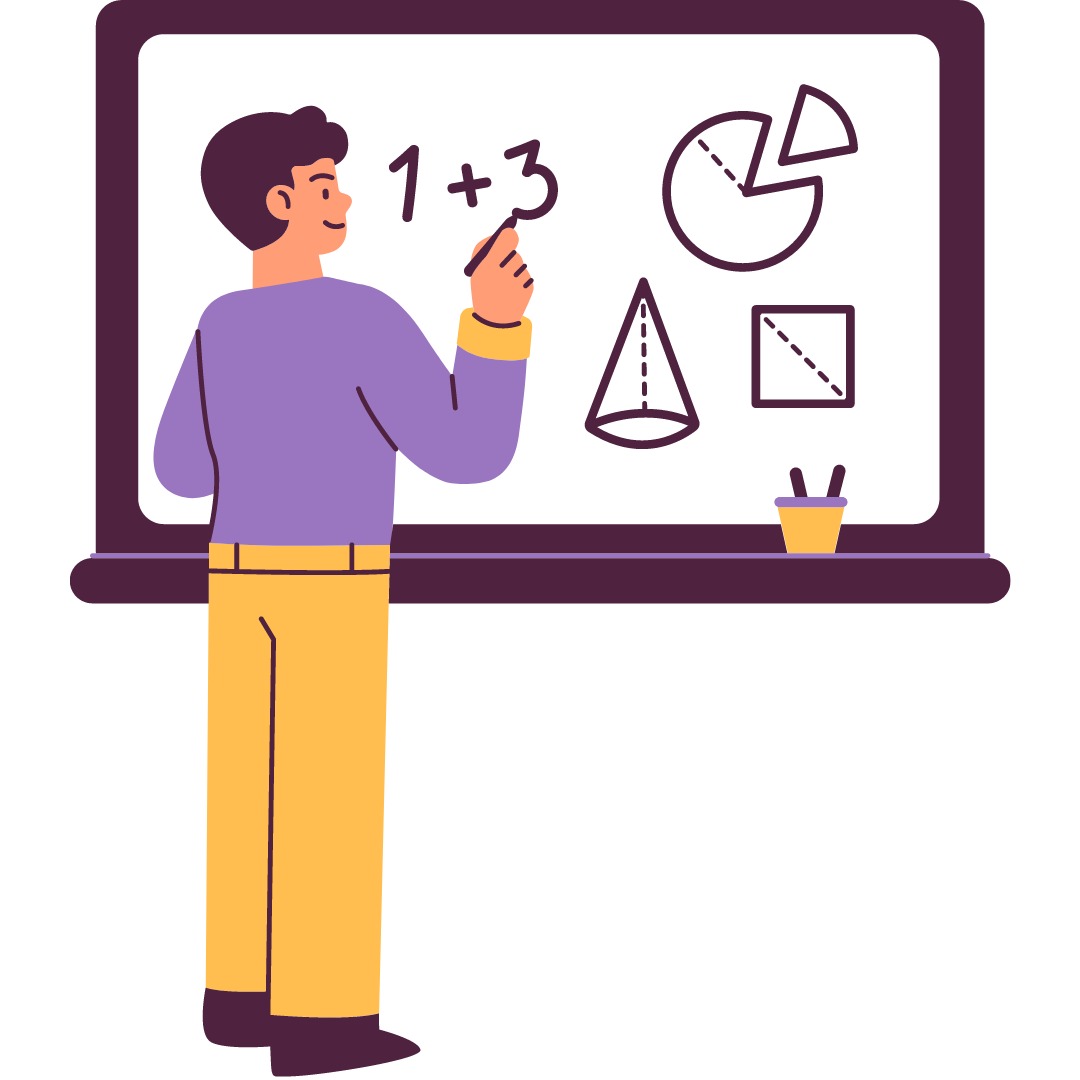Academic Achievement is a result of successful performance by the students which usually meets the expectations of both student and teacher. To achieve the desired academic success, a lot of mental faculties are exercised and applied towards the acquisition and generalization of the knowledge onto the paper. This often results in students feeling overwhelmed and exhausted. A study conducted by Jensen and others in 2017 showed that most students experience cognitive fatigue and tiredness during exam preparation.

Fortunately, there are several ways to overcome fatigue and tiredness without compromising on academics. Research and evidence-based studies suggest the following ways work for students to better learn and retain the knowledge they have acquired through studies.
- 1. Creating a Schedule:
- 2. Chunking:
- 3. Keeping Distractions at a bay:
- 4. Rewards:
- 5. De-stressing and taking breaks:
A schedule is a plan of action where the time is broken down into smaller chunks that allow students to effectively tackle subjects and take breaks without feeling guilty. A study conducted by Takanori Koyamaa and others in 2011 concluded that when students created a schedule for academics, it promoted independence and higher academic success. Scheduling often provides direction to create an effective plan making it easier for students to create goals.

In the mid-1950s a renowned Cognitive Psychologist George A Miller attempted to study memory and successfully identified the phenomena of chunking. It is a process where information is broken down into smaller pieces or chunks and is then processed in the long-term part of the memory. Chunking in studies enables students to break down complex topics into smaller parts- making it easier to retain information for a longer time. This method also saves time and boosts confidence in students.

Distractions deviate the focus and energy of students from academics towards futile activities which serve no purpose in achieving academic goals. Acknowledging the objects or activities which cause distraction and assuring themselves that they will find another day or time to indulge in distractions helps students to bring back their focus on Academics. Electronic gadgets, procrastination, etc., are a few distracting elements that inhibit the focus of the students. At times environmental factors like construction noise, traffic, and loud music from neighbouring areas serve as distractors. It then becomes a task for students to place their focus on their studies. Finding a quieter place in the house, and going to a nearby library or friends place to study are certain ways to overcome a disturbing environment.

When rewards are paired with targets, the motivation of the student increases towards achieving their goals. Rewards only work when the student wants to earn them in exchange for the desired or expected output put by the student. First introduced by Skinner, the reward method to influence a behaviour works universally at every level of our society. Students experience confidence in their abilities after gaining rewards which only reinforces their decision to make goals and carry them out in the future in a positive and supportive way. Receiving certificates or praises from elders, and getting gifts are some examples of Rewards.

Academic pressure puts a load on the cognitive faculties of students. Research conducted by Eveleen and others in 2017 found that going for brisk walks in between studies helps students retain the topics they have learned for a longer period. Physical activity boosts our mental health making it more conducive to learning and grasping information easily.

It is important to mention that the rate of Academic Success among Students does not have prescribed determiners. Students' cognitive capacities and mental strength also play an important role in determining the success rate of students' performance. There is no defined standardized marker that distinguishes the academic credibility of students throughout their educational period. All students learn at different rates and intervals. While some learn faster than educators and parents' expectations, others take time to reach their goals.
In the end, Academic Success is only one marker that influences Individuals success rate in life. It is important to acknowledge and balance leisure activities along with Academics.




